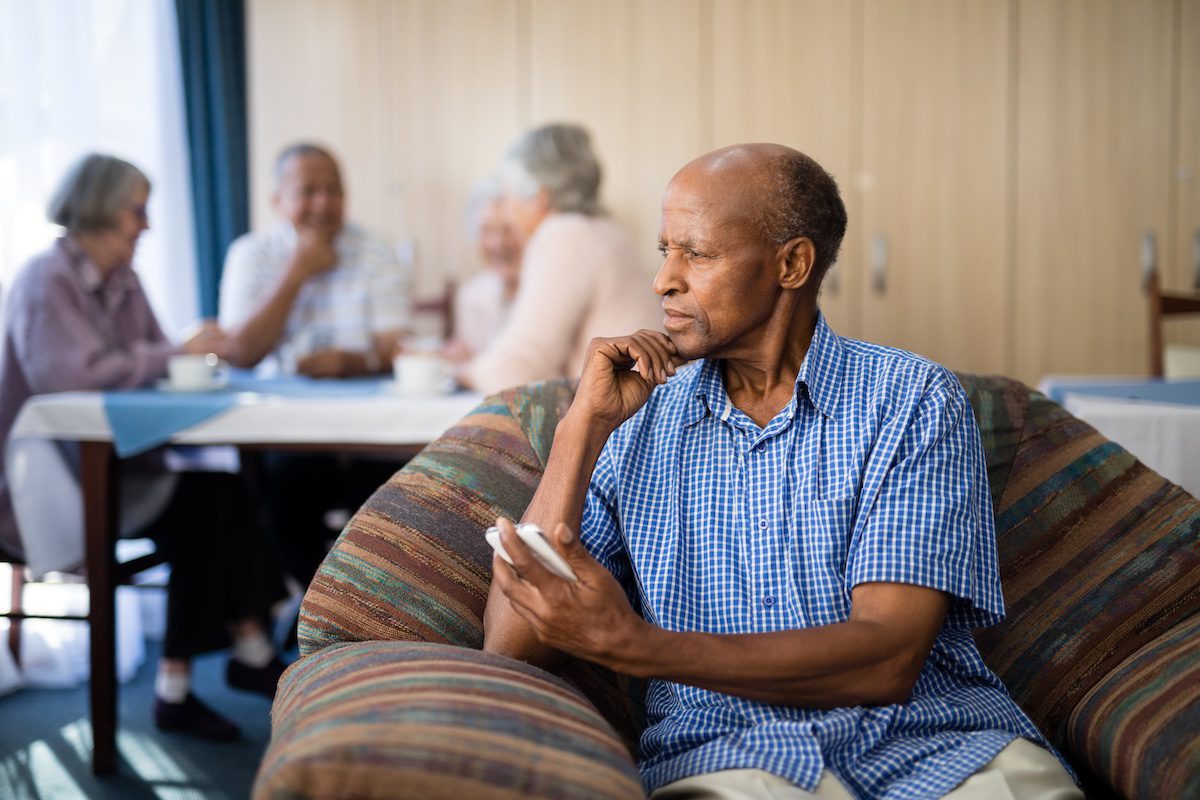As individuals age, maintaining independence becomes increasingly important for preserving autonomy, dignity, and quality of life. Senior living communities offer a range of tools and resources designed to support residents in their quest for independence while providing assistance and care as needed.
In this blog post, we’ll explore the various tools, technologies, and resources available to seniors in senior living communities to help them maintain their independence and enhance their overall well-being.
Understanding Independence in Senior Living
As we delve deeper into the tools and resources available for maintaining independence in senior living communities, it becomes clear how these support systems empower seniors to lead fulfilling and autonomous lives.
Definition of Independence
Independence in senior living refers to the ability of older adults to make choices, perform daily activities, and engage in meaningful pursuits without undue reliance on others. It encompasses physical, emotional, and social aspects of well-being and is essential for preserving autonomy and self-determination in later life.
Importance of Independence
Maintaining independence is crucial for promoting a sense of dignity, self-worth, and fulfillment among seniors. It allows individuals to retain control over their lives, make decisions that align with their values and preferences, and continue participating in activities that bring joy and satisfaction.
Tools and Resources for Maintaining Independence
As we move forward, it’s important to recognize how these tools and resources contribute to fostering a sense of autonomy, dignity, and well-being among seniors in senior living communities.
Mobility Aids
Mobility aids such as canes, walkers, and wheelchairs help seniors with mobility challenges navigate their environment safely and independently. These devices provide support and stability, allowing individuals to move around their homes and communities with confidence.
Hearing Aids
Hearing loss is common among seniors and can significantly impact communication and social engagement. Hearing aids amplify sound and improve hearing clarity, enabling individuals to participate in conversations, enjoy music, and engage in social activities more effectively.
Vision Aids
Vision impairment can make daily tasks such as reading, cooking, and navigating unfamiliar environments challenging. Vision aids such as magnifiers, large-print materials, and talking watches help seniors with low vision maintain independence and perform activities with greater ease.
Grab Bars and Handrails
Installing grab bars and handrails in bathrooms, hallways, and staircases enhances safety and accessibility for seniors with mobility limitations. These fixtures provide support and stability, reducing the risk of slips, trips, and falls.
Ramps and Lifts
Ramps and lifts allow seniors with mobility issues to access different levels of their homes or navigate outdoor spaces safely. These modifications eliminate barriers to mobility and enable individuals to remain independent while aging in place.
Smart Home Technology
Smart home technology, including voice-activated assistants, remote monitoring devices, and automated lighting systems, enhances safety, security, and convenience for seniors living independently. These systems allow individuals to control various aspects of their home environment with ease and receive assistance or alerts in case of emergencies.
Senior Transportation Programs
Senior transportation programs offer door-to-door transportation services for older adults who are unable to drive or use public transportation independently. These programs provide access to medical appointments, grocery stores, social outings, and other essential destinations, enabling seniors to remain active and engaged in their communities.
Ride-Sharing Services
Ride-sharing services such as Uber and Lyft offer convenient and affordable transportation options for seniors who need assistance getting around. These services allow individuals to request rides on-demand and travel to their desired destinations with ease, providing flexibility and independence.
Community Activities and Programs
Senior living communities offer a variety of social activities, classes, and programs designed to promote engagement and social connection among residents. From fitness classes and hobby groups to cultural outings and volunteer opportunities, these activities provide opportunities for seniors to connect with peers, pursue interests, and stay active and involved.
Supportive Services
Many senior living communities recognize the importance of supporting residents in maintaining their independence while ensuring they receive the necessary assistance.
Services such as meal delivery, housekeeping, and personal care assistance are readily available to cater to the diverse needs of seniors. By providing these supportive services, senior living communities empower residents to age in place, allowing them to stay in their own homes or apartments while preserving their dignity and autonomy.
This approach fosters a sense of control and self-sufficiency, enabling seniors to live life on their terms and enjoy a fulfilling retirement in a familiar and comfortable environment.
When Is It Time to Transition Seniors from Independent Living
Knowing when it’s time to transition seniors from independent living can be a complex decision influenced by various factors. Signs that may indicate the need for a transition include declining physical or cognitive health, difficulty managing daily tasks independently, social isolation, safety concerns, or increased reliance on outside assistance.
Providing Independence During Hospice Care
Providing independence during hospice care involves honoring the individual’s wishes and preferences while offering support and assistance as needed. Hospice care focuses on enhancing the quality of life for individuals facing terminal illness, and maintaining independence is an essential aspect of preserving dignity and autonomy.
Caregivers strive to empower patients to make decisions about their care, engage in activities they enjoy, and maintain control over their daily routines for as long as possible. This may involve adapting the care plan to accommodate the individual’s preferences, providing assistive devices or aids to support mobility and comfort, and creating a supportive environment that fosters independence while addressing the person’s physical, emotional, and spiritual needs.
Through compassionate and person-centered care, hospice teams work collaboratively with patients and their families to uphold their independence and dignity throughout the end-of-life journey.
Final Thoughts
Maintaining independence is essential for seniors to preserve autonomy, dignity, and quality of life as they age. Senior living communities offer a range of tools, technologies, and resources designed to support independence and enhance the overall well-being of residents.
From assistive devices and home modifications to transportation services and social support programs, these resources empower seniors to live life on their terms while receiving the assistance and care they need. By leveraging these tools and resources, seniors can continue to lead fulfilling, independent lives well into their golden years.




